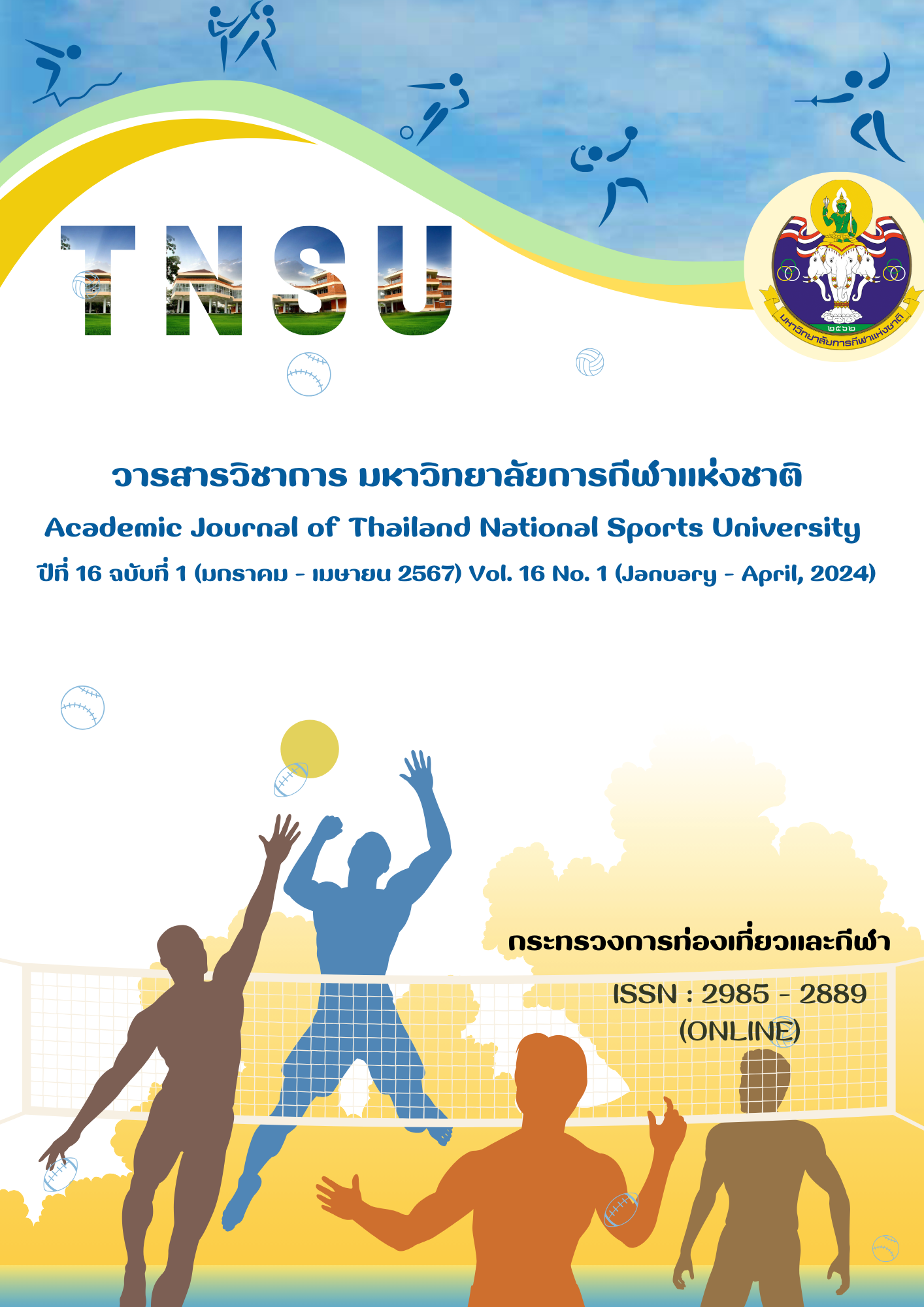APPROACHES FOR ENHANCING CYBER SECURITY AMONG LEARNERS
Main Article Content
Abstract
Cyber security become one of the important issues among learners nowadays because communication technology becomes a main tool of their learning. At present, there are several types of cyber harassment such as cyber bullying or digital impersonation in which those becomes cause of learning lost or suicide issues among learners. Beside applying protection tools, the possible approaches for increasing cyber security are to 1) increase knowledge and skills regarding media and information literacy that encourages learners to be able to analyze validity and reliability of cyber information, 2) support digital intelligence that allows learners to recognize and use technology for supporting their learning successfully, and 3) increase emotion intelligence that enhance learners to be able to manage and share their appropriate attitude and performance within cyber environment .
Article Details

This work is licensed under a Creative Commons Attribution-NonCommercial-NoDerivatives 4.0 International License.
The published article is a copyright of the Academic Journal of Thailand National Sports University. The passage appeared in each article in this academic journal is a perspective of each author which is not related to the journal. Each author is required to be responsible for all components of his/her own article. If there are any mistakes, each author must be responsible for those mistakes on his/her own.
References
Alzahrani, S. M., Salim, N., & Abraham, A. (2011). Understanding plagiarism linguistic patterns, textual features, and detection methods. IEEE Transactions on Systems, Man, and Cybernetics, 42(2), 133 - 149.
Chadwick, S. (2014). Impacts of cyberbullying, building social and emotional resilience in schools. Springer Science & Business Media, 42(2), 133 - 149.
Enns, A., Eldridge, G. D., Montgomery, C., & Gonzalez, V. M. (2018). Perceived stress, coping strategies, and emotional intelligence: A cross-sectional study of university students in helping disciplines. Nurse Educ. Today, 68, 226 – 231
Fasulo, P. (2021). What is the CIA trait? definition, importance, & example. Retrieved from https://securityscorecard.com/blog/what-is-the-cia-triad/
Goleman, D. (1995). Emotional intelligence: Why it can matter more than IQ for character health and lifelong achievement. New York: Bantam Books.
Goleman, D. (2001). An EI-based theory of performance. In C. Cherniss & D. Goleman (Eds.), The emotionally intelligent workplace: How to select for, measure, and improve emotional intelligence in individuals, groups, and organizations. San Francisco, CA: Jossey- Bass.
Kanesan, P., & Fauzan, N. (2019). Models of emotional intelligence: A review. e-Bangi, 16, 1 - 9.
Kauffman, Y., & Young, M. F. (2015). Digital plagiarism: An experimental study of the effect of instructional goals and copy-and-paste affordance. Computers & Education, 83, 44 - 56.
Weerawit Lertratthamrongkul. (2021). Cyberbullying among secondary school students: Prevalence, problem - solving and skill behaviors. NEU Academic and Research Journal, 11(1), 275 – 289.
Mithas, S., & McFarlan, F. W. (2017). What is digital intelligence? IT Professional, 19(4), 3 - 6.
Mayer, J. D. (2017). Section 1: what is emotional intelligence? HBR guide to emotional intelligence (HBR Guide Series). Boston: Harvard Business Review Press. Retrieved from https://search-ebscohost.com.ezproxy.snhu.edu/login.aspx?direct=true&db=nlebk&AN=1798590&site=eds-live&scope=sit
Mohzan, M. A. M., Hassan, N., & AbdHalil, N. (2013). The influence of emotional intelligence on academic achievement. Procedia, 90, 303 – 312.
Nixon, C. L. (2014). Current perspectives: The impact of cyberbullying on adolescent health. Adolescent Health, Medicine and Therapeutics, 5, 143 - 158.
Olivia-Dumitrina, N., Casanovas, M., & Capdevila, Y. (2019). Academic writing and the internet: Cyber-plagiarism amongst university students. Journal of New Approaches in Educational Research, 8(2), 112 - 125.
Rahman, N. A. A., Sairi, I., Zizi, N. A. M., & Khalid, F. (2020). The importance of cybersecurity education in school. International Journal of Information and Education Technology, 10(5), 378 - 382.
U.S. Agency for International Development (USAID). (2022). Disinformation and Promote Media Literacy. USA: Pilot Training of trainer program.
Watsatree Diteeyont. (2023). Textbook of Educational technology. (Unpublished Textbook). Educational Technology Department, Faculty of Education, Kasetsart University.
Weerawit Lertratthamrongkul. (2021). Cyberbullying among Secondary school students: Prevalence, problem - solving and skill behaviors. NEU Academic and Research Journal, 11(1), 275 – 289.
Yudes, C., Rey, L., & Extremera, N. (2022). The moderating effect of emotional intelligence on problematic internet use and cyberbullying perpetration among adolescents: Gender differences. Psychological Reports, 125(6), 2902 - 2921.


